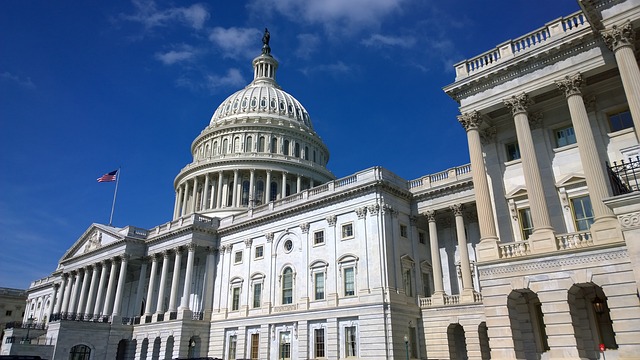On July 26, the U.S. House Financial Services Committee was immersed in a series of intricate debates surrounding potential legislative measures for cryptocurrency and blockchain regulation. Interestingly, the discussions did not follow a straight party line, presenting a multitude of views on the subject matter.
The panel was set to review several pertinent bills including the Blockchain Regulatory Certainty Act, Financial Innovation and Technology for the 21st Century Act, and Financial Technology Protection Act of 2023, all of which aim to structure the wild west of cryptocurrency regulation. While many on the committee lauded the first bill as a potential solution to disasters such as the FTX exchange collapse, others voiced concerns about an apparent bias favoring crypto businesses at the expense of consumers.
Chairperson Patrick McHenry passionately argued that the Financial Innovation and Technology for the 21st Century Act could bring clarity to the roles of the Securities and Exchange Commission (SEC) and the Commodity Futures Trading Commission (CFTC) in regulating stablecoins. In contrast, some committee members, including Maxine Waters, viewed this bill skeptically, pointing to potential issues like enabling the mixing of customer funds, as was reportedly seen with FTX and Alameda Research.
The divide in viewpoints was apparent, with Representative Jim Himes confessing confusion about some crypto aspects, yet acknowledging the proposed legislation's potential in preventing crises like the FTX fiasco. In sharp criticism, Representative Stephen Lynch decried the legislation as one of the worst he's seen during his two-decade tenure.
Meanwhile, Republican committee members cited the proposed $120 million in funding for the CFTC under the legislation, asserting it would boost resources for crypto regulation. But this argument met resistance from Democrats, who worried that redirecting funds from the SEC could compromise its enforcement abilities.



























Comment 0